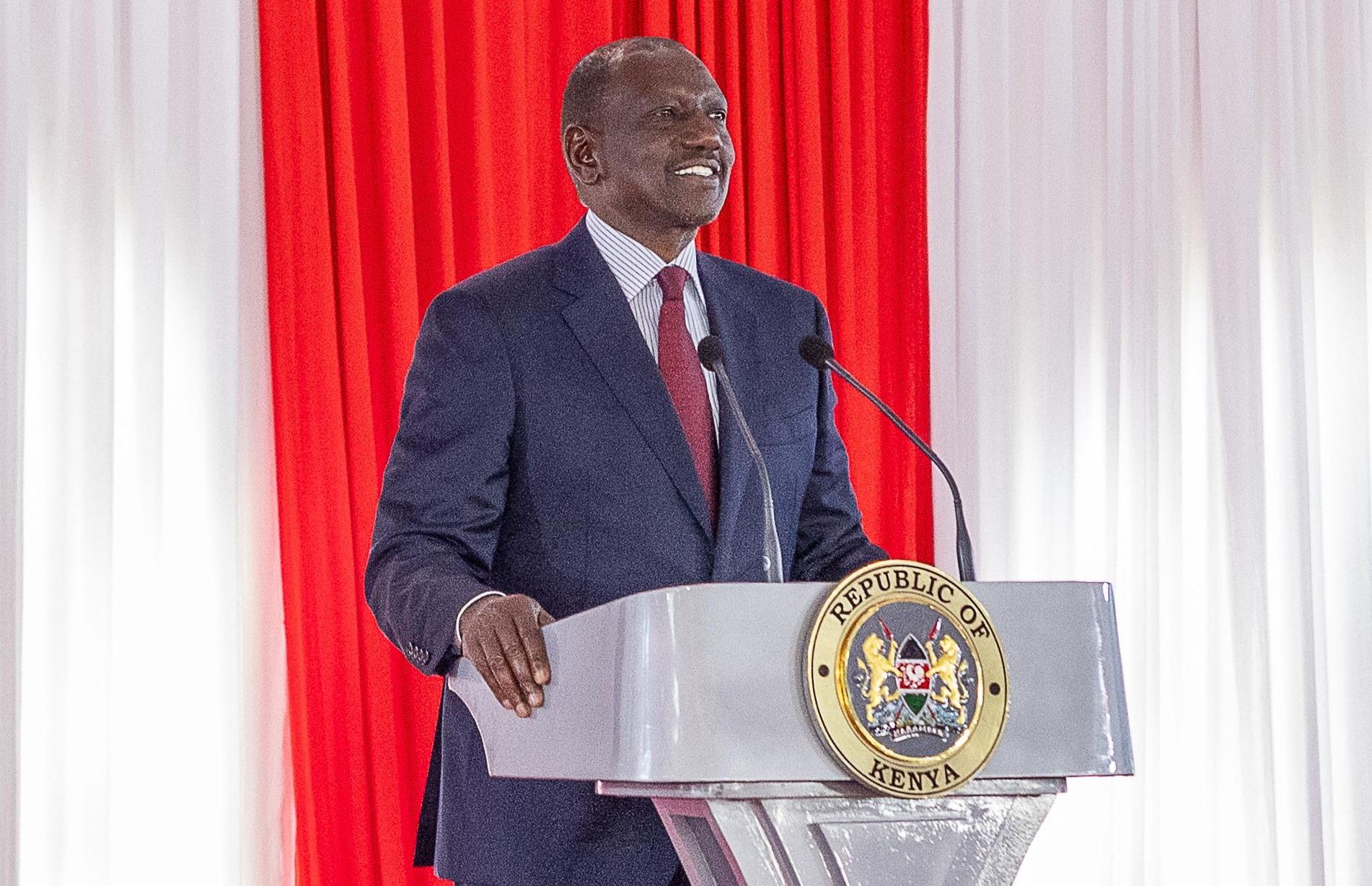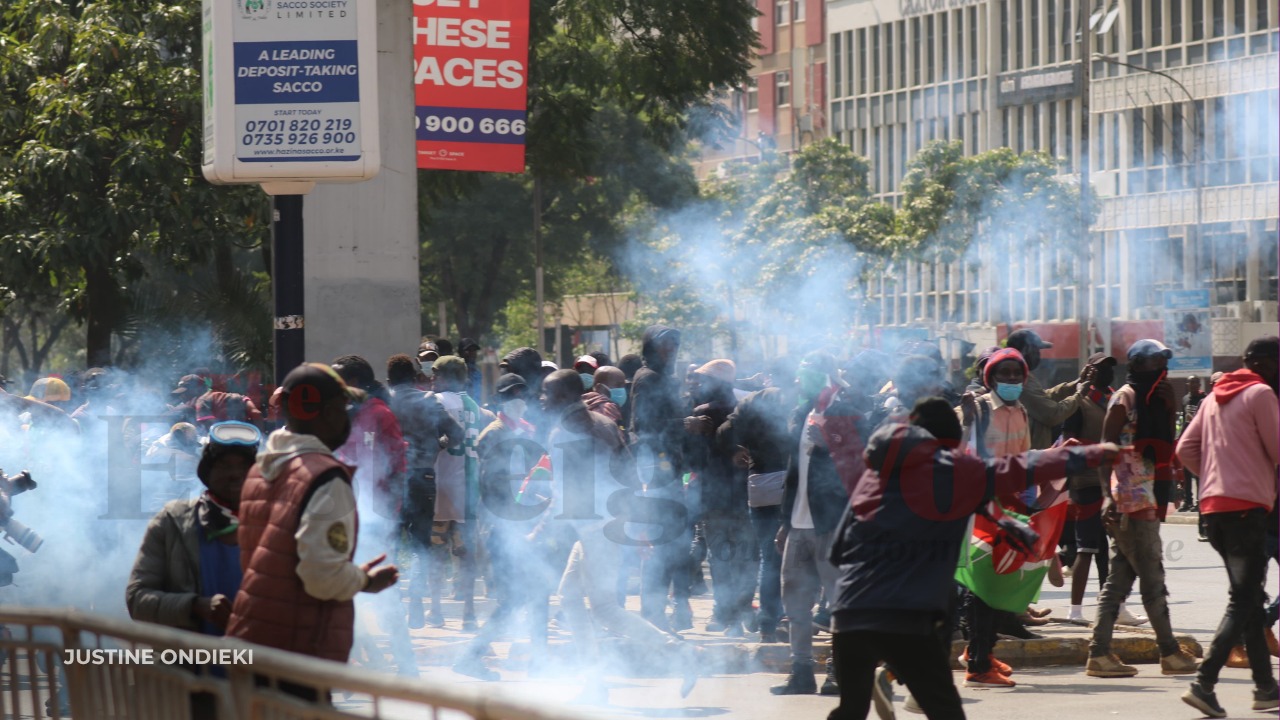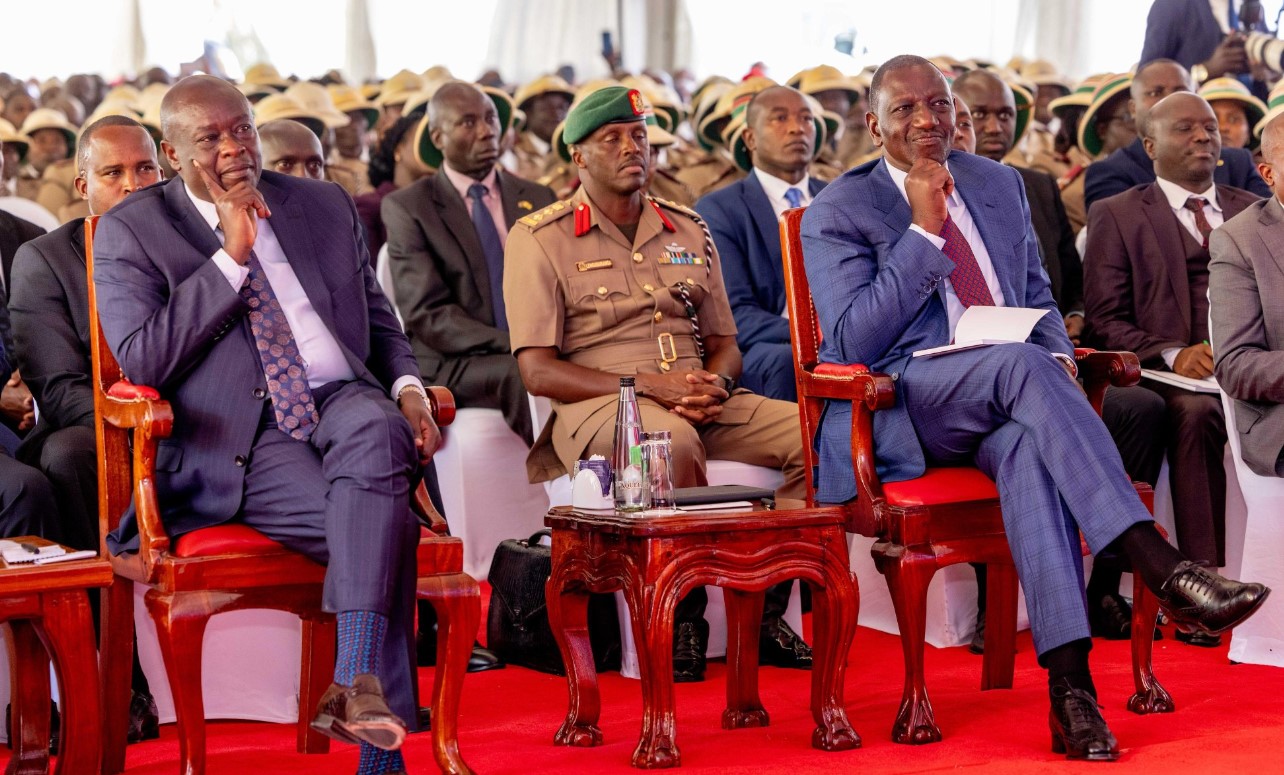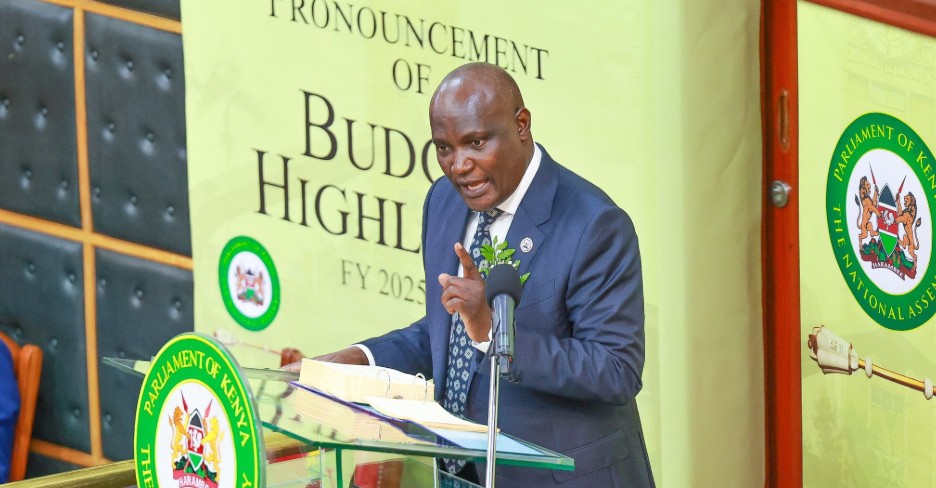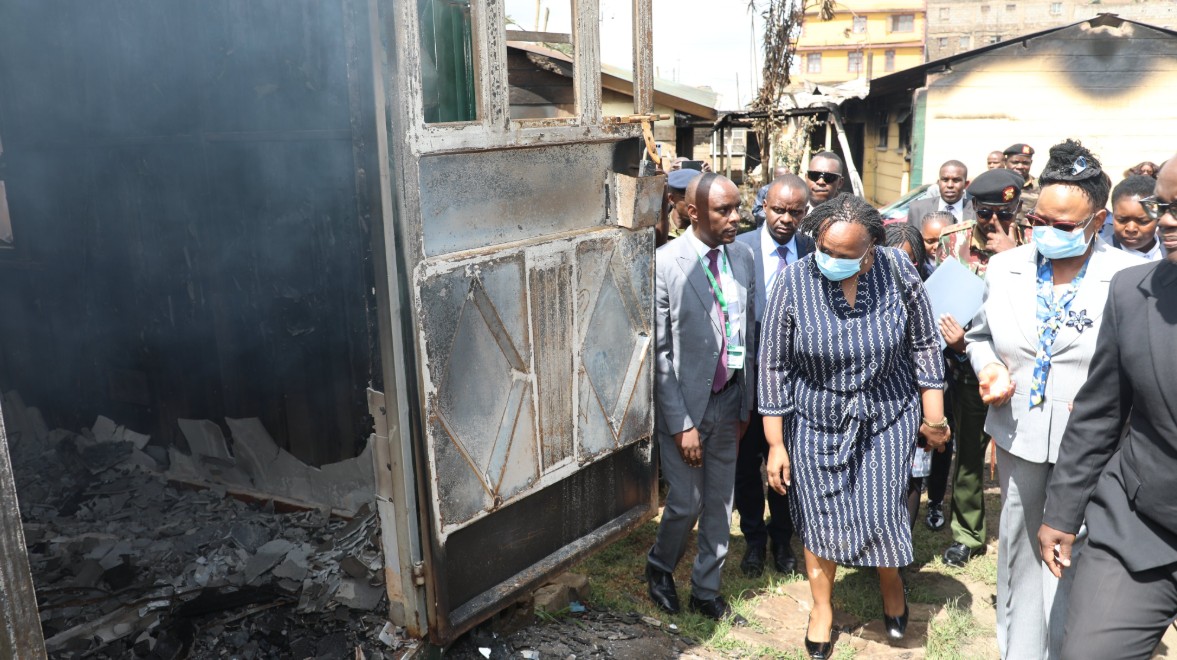Turkish firm wins court battle to build Sh31.6 billion Bomas complex
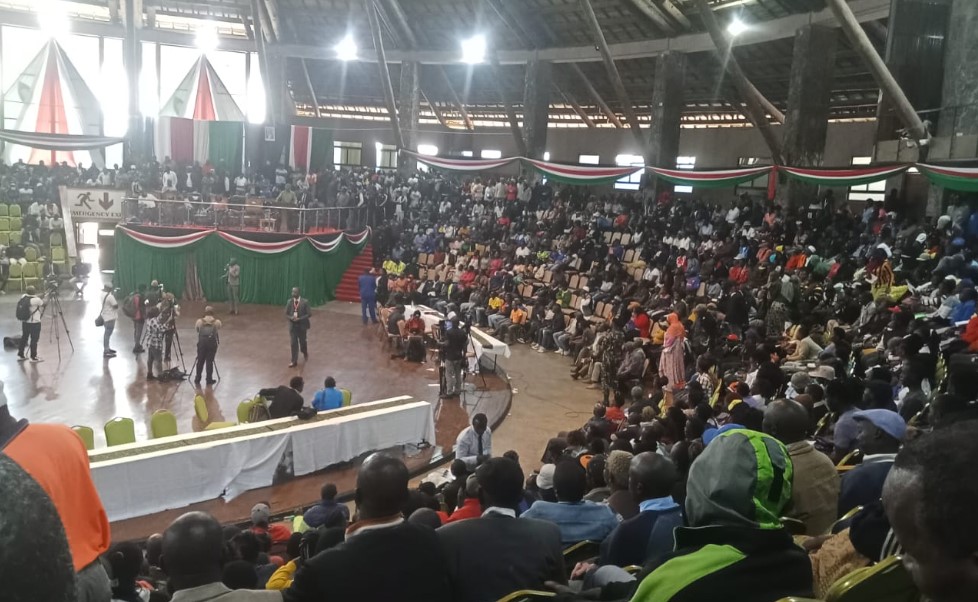
The Ministry of Defence had appealed against an earlier decision by the Public Procurement Administrative Review Board (PPARB), which faulted it for stalling and later terminating the tender.
The Court of Appeal has dismissed a case by the Ministry of Defence that sought to reverse a decision compelling it to complete a Sh31.6 billion tender for the construction of the Bomas International Convention Complex (BICC).
The development now clears the path for Turkish firm Summa Turizm Yatirimciligi Anonim Sirket to proceed with the multi-billion project, which was greenlit by the Cabinet in August 2023. The Cabinet made the approval during a meeting held at the Sagana State Lodge in Nyeri County on August 8, 2023.
More To Read
- Kenya shares lessons on devolution, gender rule as Nigeria begins reform talks
- Cabinet rift over Sh4.5 billion Bomas upgrade exposes Ruto government divisions
- National Assembly freezes Sh4.5bn for Bomas renovations, questions priorities
- KICC locks out MPs over Sh50 million rent arrears
- Court blocks state from proceeding with sale of 11 parastatals, including KICC
- Ruto revokes Irungu Nyakera’s appointment as KICC Board Chair, names Samuel Mwangi as replacement
A three-judge bench comprising Justices Gatembu Kairu, Fred Ochieng and Aggrey Muchelule upheld a February ruling by the High Court that dismissed the ministry's appeal on the grounds that it was filed out of time.
“Based on the foregoing, the learned Judge was right that the appellants' action was time-barred and the decision to strike out the same is sound in law and cannot be faulted,” the judges ruled.
The Ministry of Defence had appealed against an earlier decision by the Public Procurement Administrative Review Board (PPARB), which faulted it for stalling and later terminating the tender on the grounds of a lack of funds and a change in the scope of works.
The ministry, which had been handling the procurement on behalf of the Ministry of Gender, Culture, the Arts and Heritage, argued that the High Court should have considered the merits of the case instead of striking it out on a technicality.
The Attorney General had pleaded with the Court of Appeal to allow the ministry’s appeal and refer the case back to the High Court for a hearing on its merits. However, the Turkish contractor, through lawyer Paul Nyamodi, countered that the application for judicial review was filed outside the 14-day window set under Section 175(1) of the Public Procurement and Asset Disposal Act.
In its December 2024 ruling, the procurement board found that the ministry acted irregularly by terminating the process after the tender had been awarded. It stated that under procurement laws, termination can only occur before an award is made.
The board gave the ministry 90 days to finalise the tender, noting that the ministry’s conduct suggested a “deliberate attempt to frustrate the conclusion of the tender.”
It also faulted the ministry for attempting to shift liability to the Ministry of Gender, yet the contractor was never officially informed that the Defence Ministry was not the final procuring entity.
“Absent evidence of inadequate budgetary allocation for the subject tender, the board finds great difficulty in finding that there were no funds to finance the subject tender,” the board ruled. “It was the responsibility of the respondent to lead evidence on the alleged inadequate budgetary allocation, but they failed to discharge this burden.”
The board further warned that commencing procurement without a proper budget allocation could expose the Accounting Officer to criminal liability, as stipulated under the procurement laws.
According to documents before the court, the Turkish firm had already secured financing for up to 80 per cent of the project and informed the ministry of this development on November 6, 2024.
The project was expected to feature a modern conference centre, a presidential pavilion, and at least five hotels.
Top Stories Today
Reader Comments
Trending


